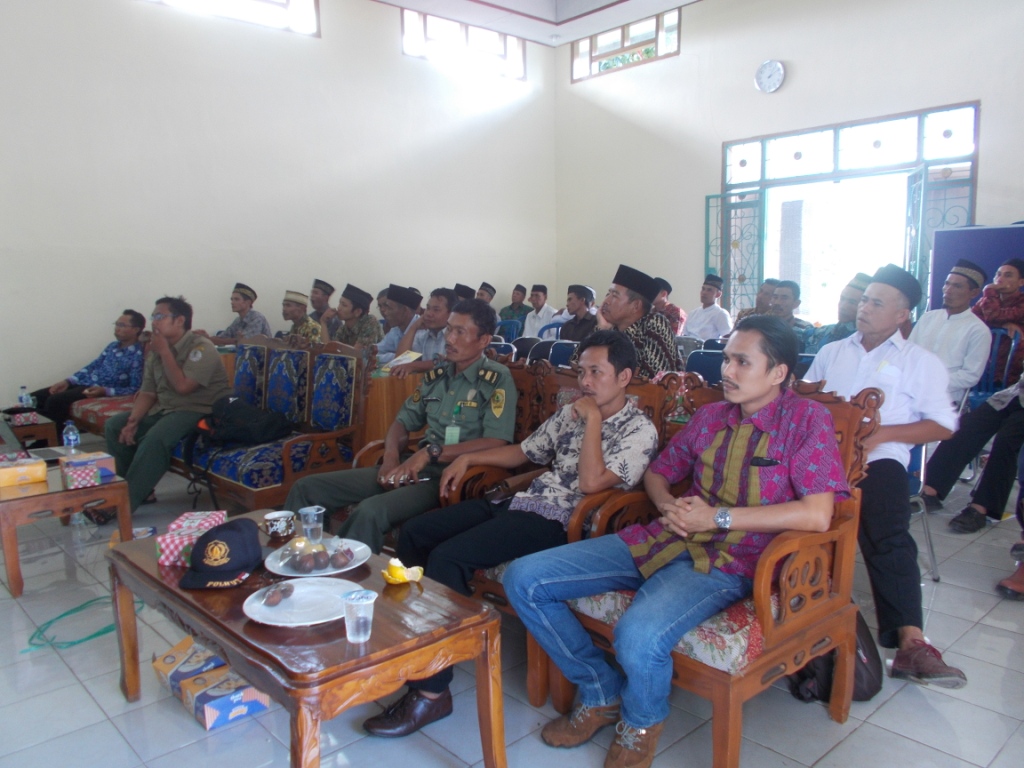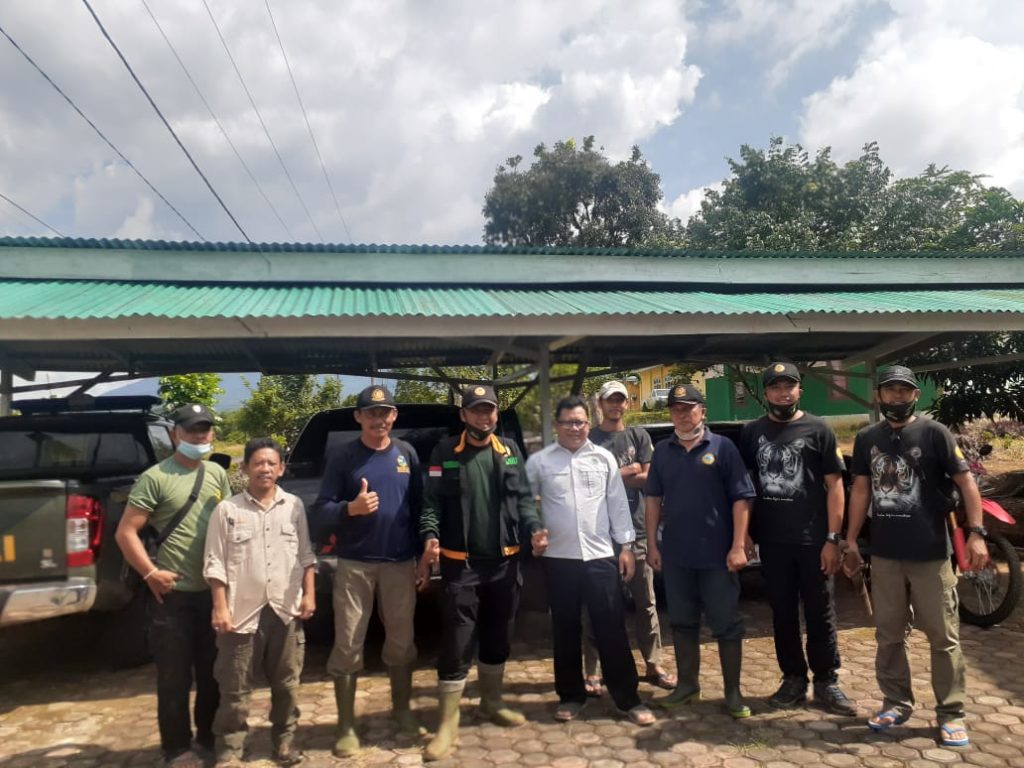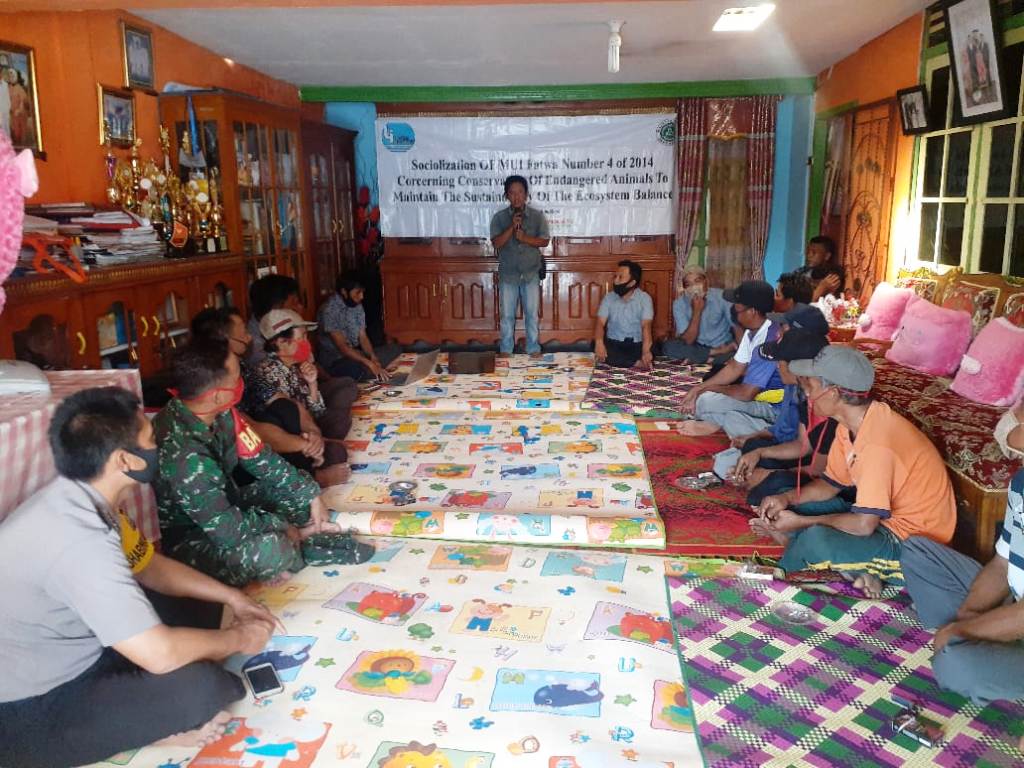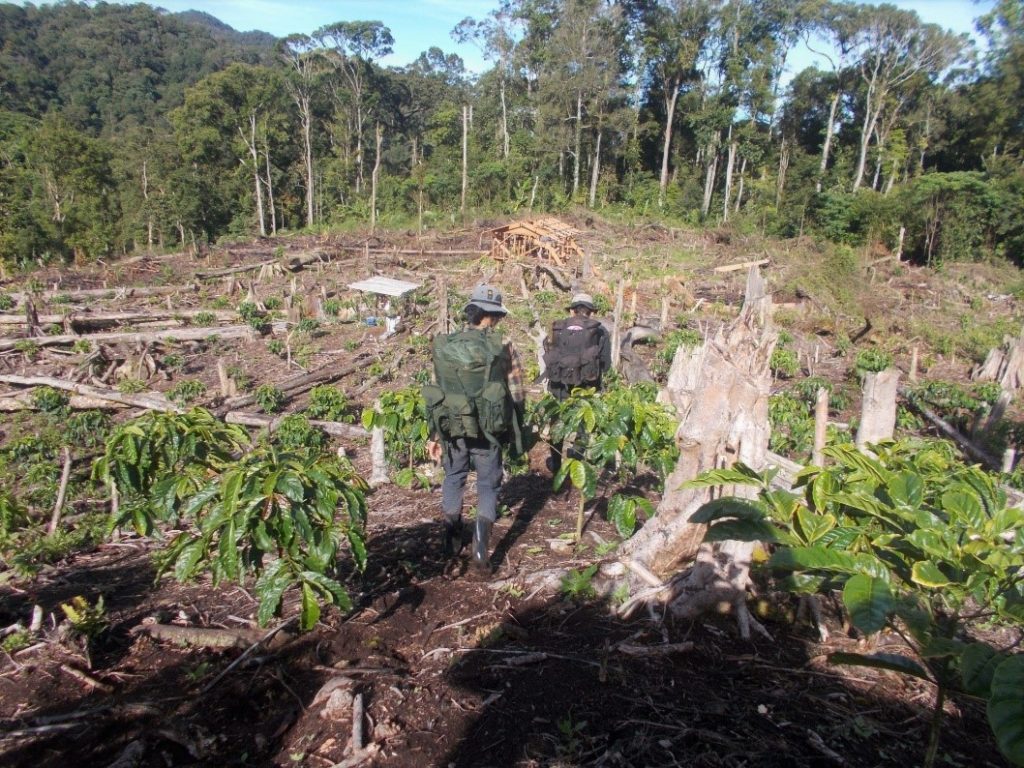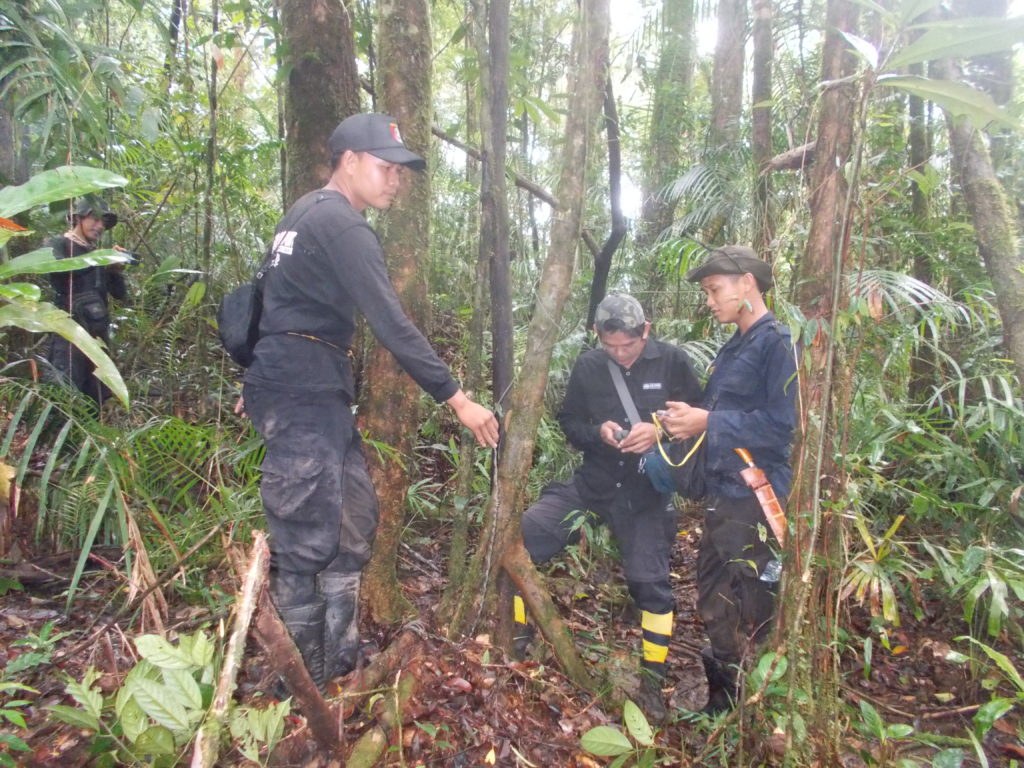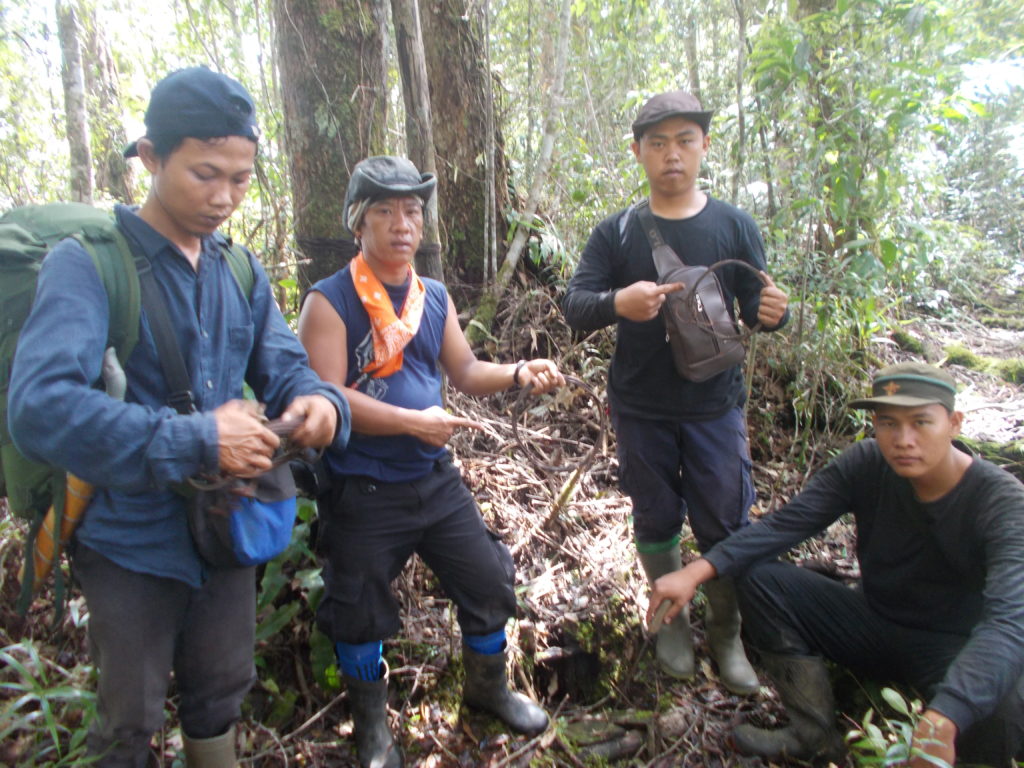Project name: Strengthening the Consensus for Protection of Sumatran Tiger in Bengkulu Area of Kerinci Seblat National Park, Sumatra
Location: Bengkulu, Sumatra, Indonesia
Goal: To secure and strengthen protection and conservation of Sumatran tiger in an adjoining a national park which protects Sumatra’s single most important tiger population in partnership with the Kerinci Seblat National Park
Objective 1: Strengthen awareness of the MUI Fatwa No. 04/2014 on hunting and trade in tiger and other endangered species in key villages in Lebong and North Bengkulu districts.
Objective 2: Maintain actions to protect and conserve wild Sumatran tiger in the far south of Kerinci Seblat National Park area through Rapid Response Unit SMART forest patrols, managing community information networks, investigations and wildlife crime law enforcement.
Objective 3: Strengthen the protection of Sumatran tigers and other endangered species in the project area by expanding a guardianship program for active hunters together with the government, preacher, and ex-hunters.
Background:
This project funded by the Auckland Zoo Conservation Fund aims to support the work being carried out by the Lingkar Inisiatif Indonesia in the Lebong district of Bengkulu. This is an area of particular concern, bordered on three sides by national park forests but where pressure on the TPCUs elsewhere means the program team does not have the capacity to conduct the focused range of actions required to address and reduce the threat to tigers.
To strengthen tiger protection in this area, activities will continue to mobilise religious leaders in Lebong district to socialise the Fatwa issued by the Indonesian Council of Islamic Scholars, known as the Majelis Ulama Indonesia, (MUI) which prohibits Muslims to hunt rare and endangered wildlife such as Sumatran tiger.
This ground-breaking religious ruling was issued nationally in 2014 but is only now being communicated to mosque congregations at a local level in Sumatra and so only now are the predominantly Muslim community in Lebong district becoming aware that the hunting of rare animals such as tigers is not only illegal under Indonesian national law but also forbidden under Islam.
In 2020, this project piloted a guardianship scheme to support poachers upon release from prison or known/suspected recidivist to secure long-term change in their behaviour in a country where there is no ‘parole’ system or post-release supervision or support or ‘care in the community scheme for ex-offenders.
This guardianship programme continues to provide special counselling by project partners (MUI, National Park Authority, Law Enforcement Authority) to encourage a change in behaviour. A public declaration of a willingness to stop hunting by these attendees aims to also influence other hunters and other recidivists to stop illegal activities in the forestry sector.
In the long term, a conservation partnership group will be formed in collaboration with the National Park authority. The group members will consist of ex-hunters who have been specially trained to help carry out activities to protect the national park forest area from illegal forestry activities.
In addition, Lingkar Inisiatif Indonesia manages a Rapid Response patrol or Unit Reaksi Cepat comprised of local national park rangers and officers of other government agencies, including Lebong district police, work in key forest-edge areas to strengthen and extend forest-edge community information networks to secure information on the suspected active threat to tigers in national park forests in the area for a swift targeted patrol response.


